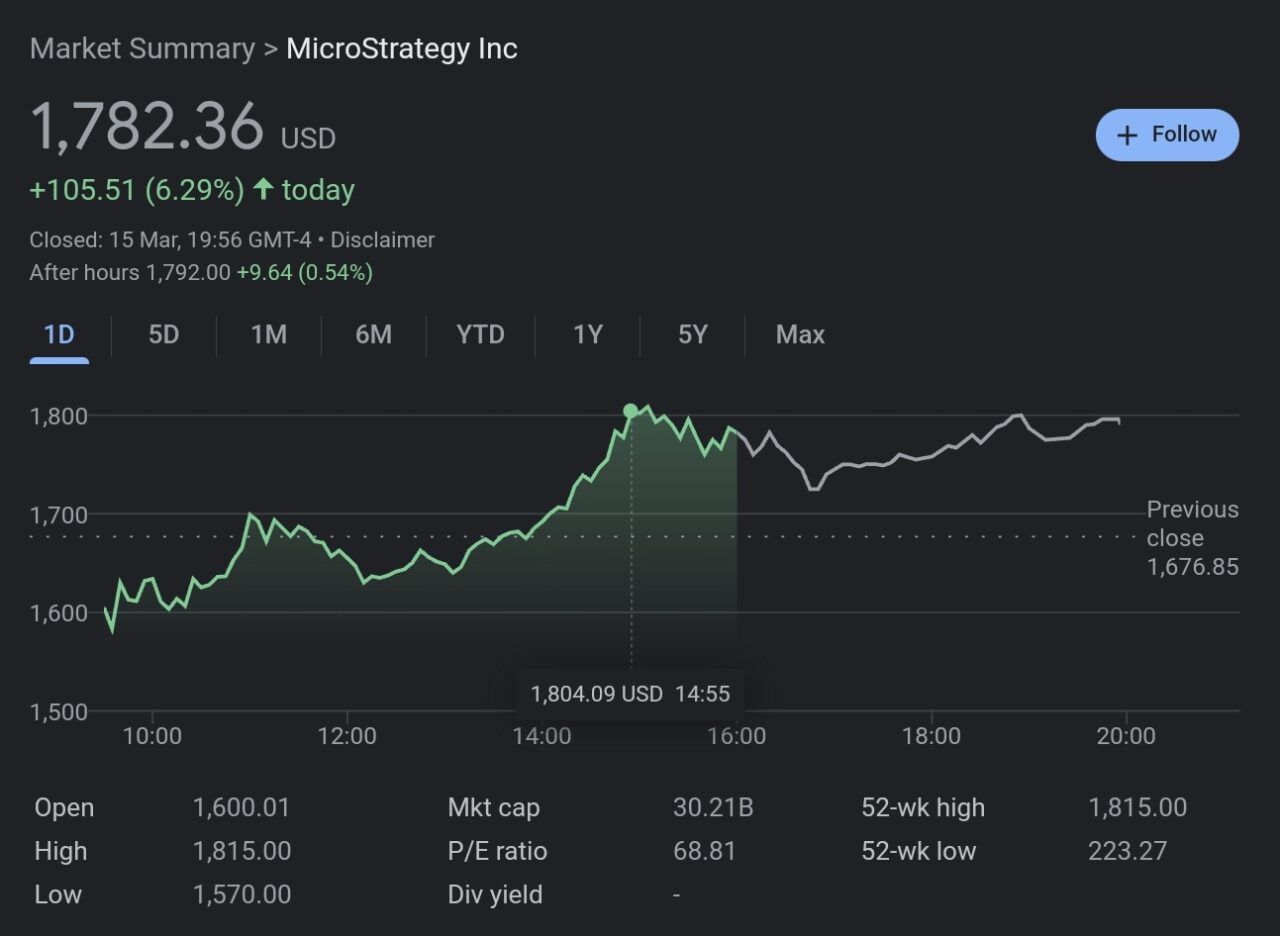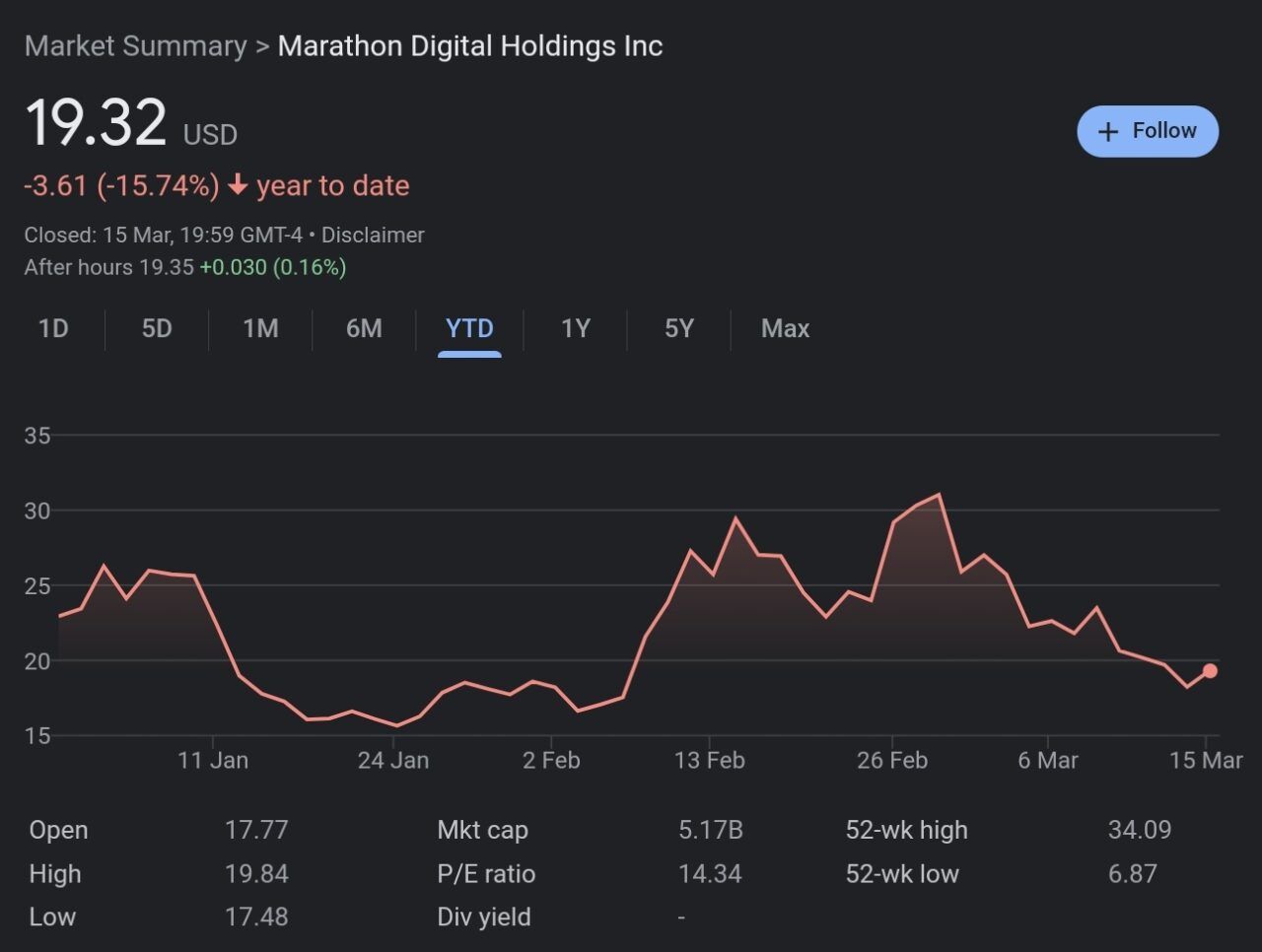In a recent LinkedIn post, David Duong, Head of Institutional Research at Coinbase, offers a window into the performance of various Bitcoin investment strategies following the launch of ten spot Bitcoin ETFs in the United States on Janaury 11.
According to Duong, investing directly in Bitcoin, with reference to the CME Bitcoin Reference Rate NY, has yielded a significant return of 57% for investors. This observation points to a robust period for Bitcoin’s market valuation and investor confidence. Similarly, the introduction of US-based spot Bitcoin ETFs has closely aligned with this positive trend, achieving an AUM weighted return of 59%. Duong’s analysis suggests that these ETFs have effectively mirrored the direct market movements of Bitcoin, providing a comparable investment alternative.
On the flip side, Duong highlights that public Bitcoin miners have not experienced the same level of success, recording an 8% loss during the same timeframe. This underperformance indicates the challenges facing the mining sector, contrasting sharply with the broader gains seen in direct Bitcoin investments and ETFs.
MicroStrategy (NASDAQ: MSTR), as detailed by Duong, emerges as the standout performer among Bitcoin-related investments, boasting an impressive 192% return.

This figure not only significantly outpaces the direct Bitcoin investment return but also showcases the effectiveness of MicroStrategy’s aggressive borrow-and-acquisition strategy. Duong credits the company’s outperformance to investor confidence in its strategic approach and operational efficiencies, as evidenced by a reduction in total operating expenses in 2023, according to their latest 10-K filing.
However, Duong cautions investors about the high volatility associated with MicroStrategy’s stock, which stands at an annualized rate of 130%. This volatility, he says, is more than double that of both spot Bitcoin and its ETF counterparts, reflecting the compounded risks of credit, business operations, and Bitcoin price fluctuations inherent in MicroStrategy’s investment model.
Turning the focus to Bitcoin mining stocks, Duong elaborates on their deviation from Bitcoin’s positive price trajectory. He identifies several factors contributing to this trend, including miners’ liquidity-driven Bitcoin sales ahead of the halving event, anticipated revenue declines, and the potential impact of a proposed crypto mining excise tax by the US government. Despite these pressures, Duong suggests that the market should have already adjusted for the halving event, given its predictable nature.

At the time of writing, Bitcoin is trading at around $67,061, down 1.8% in the past 24-hour period.
Featured Image via Pixabay









